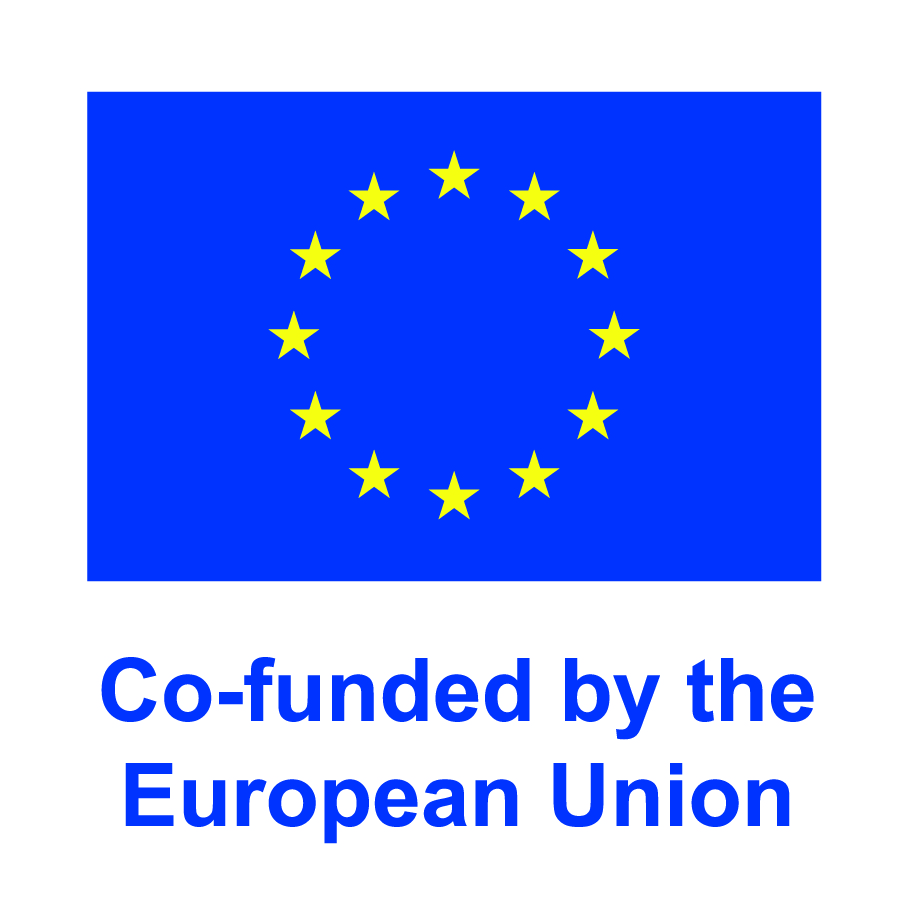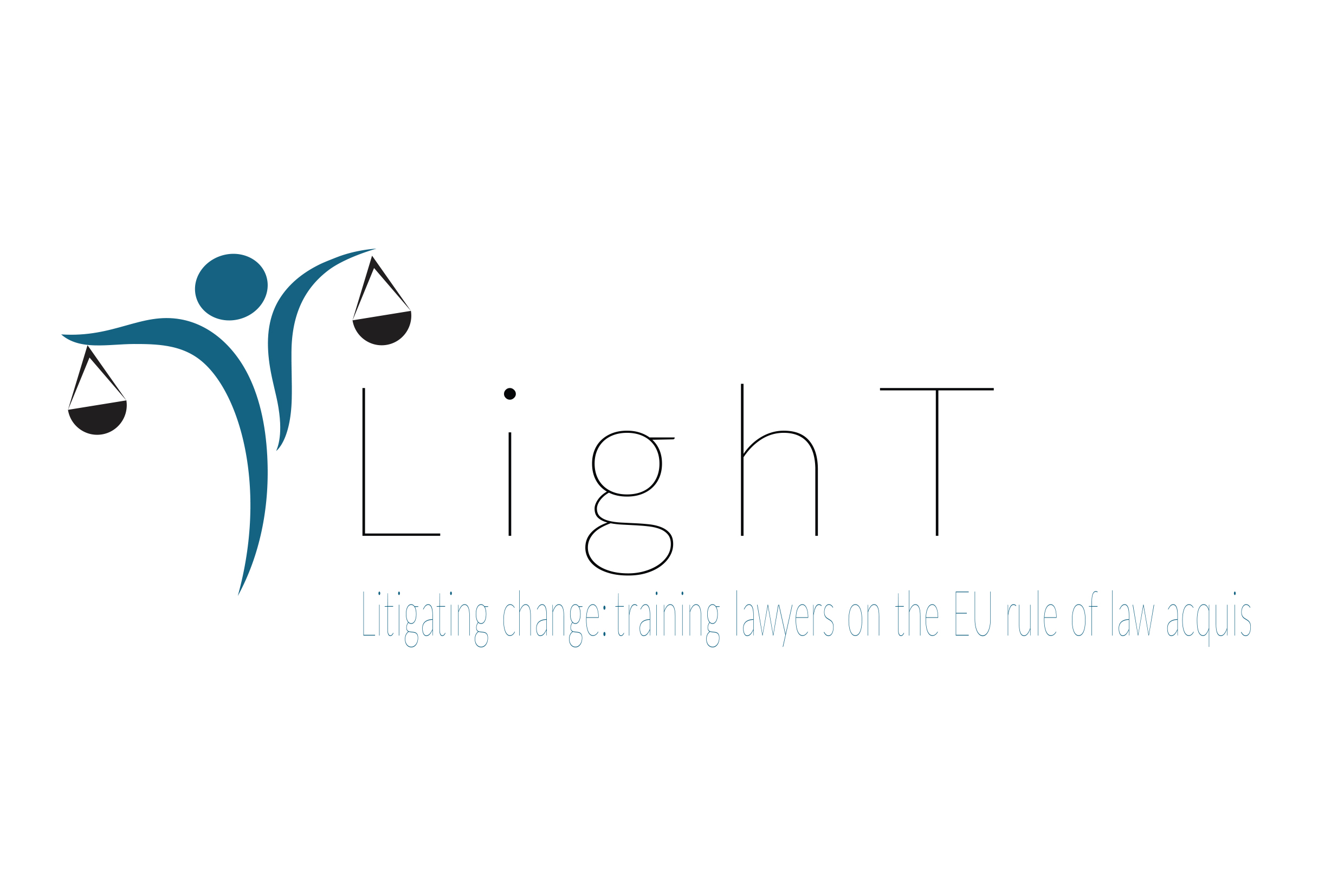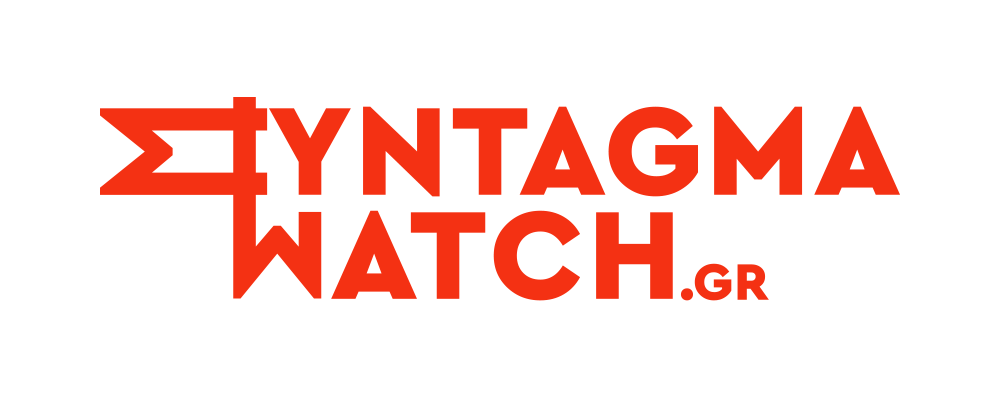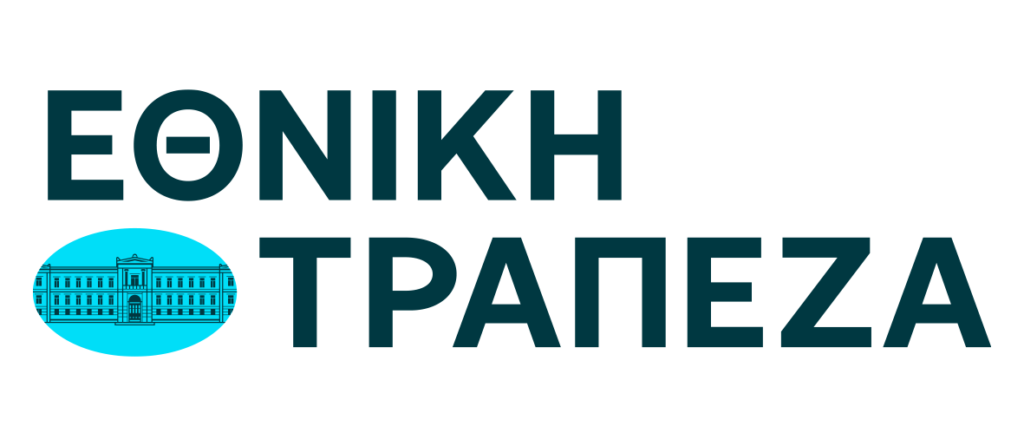The LighT project (Litigating change: training lawyers on the EU rule of law acquis) is a timely, targeted intervention in the 5 MS facing the most pressing rule of law concerns: Greece, Bulgaria, Hungary, Poland and Romania. Recognizing the leading role of lawyers as custodians of the rule of law and the protection of the fundamental rights of European citizens, the project will train 345 lawyers and 30 trainers, who will act as multipliers.
LighT’s innovative training methodology goes above and beyond to empower learners through participatory, interactive and transnational training in the relevant EU context. The participants will thus acquire the skills that will allow them to be actors of change in their countries.
The training will focus on four priorities:
(a) judicial independence and access to justice;
(b) transparency and anti-corruption;
(c) freedom of the media and press, including digital media;
and (d) citizen participation.
Specifically, within the framework of the project, the following will be organized:
• Introductory training for 300 lawyers in the relevant EU law and the jurisprudence of the CJEU and ECtHR.
• Advanced level training for 45 lawyers and human rights defenders in strategic litigation and defense against SLAPPs.
• Training of trainers for 30 lawyers/trainers in the provision of legal training in the project’s topics using state-of-the-art training tools and methodologies.
An asynchronous education platform will be developed, which will remain available for use after the end of the project, and dissemination, communication and awareness actions will be organized.
The project actions will be transnational, offering the opportunity for exchange of knowledge and networking. Participation will be facilitated through the provision of simultaneous interpretation.
The project is implemented by the Center for European Constitutional Law – Themistocles and Dimitris Tsatsou Foundation, in collaboration with Akademia Leona Kozminskiego (Poland), Center for the Study of Democracy (Bulgaria), Tarsadalomtudomanyi Kutatokozpont (Hungary) and Asociatia Pro Refugiu (Romania).



